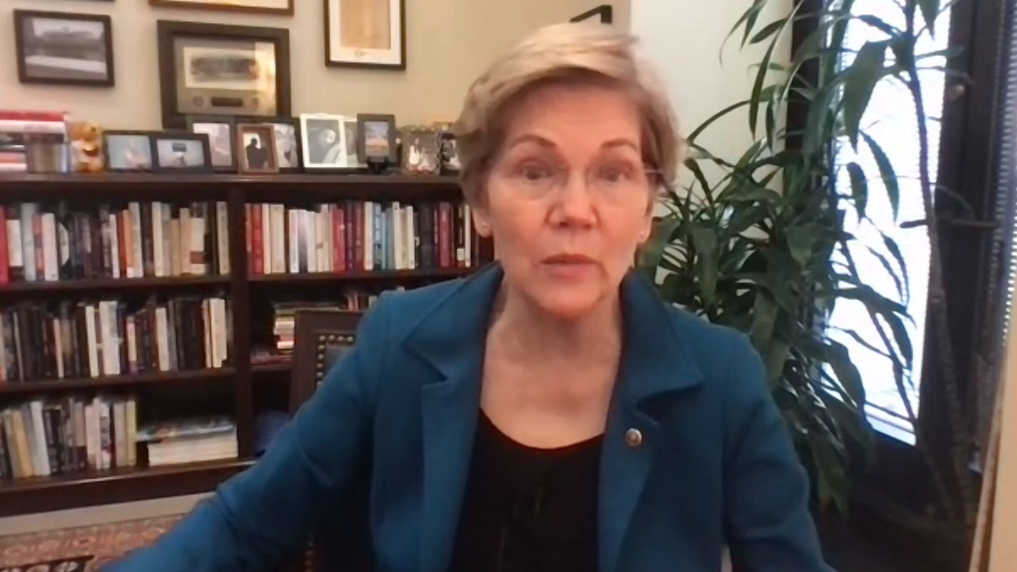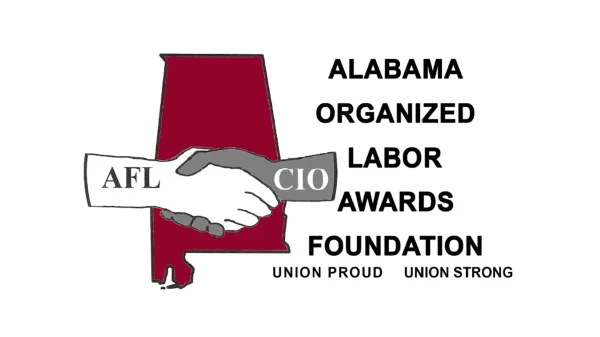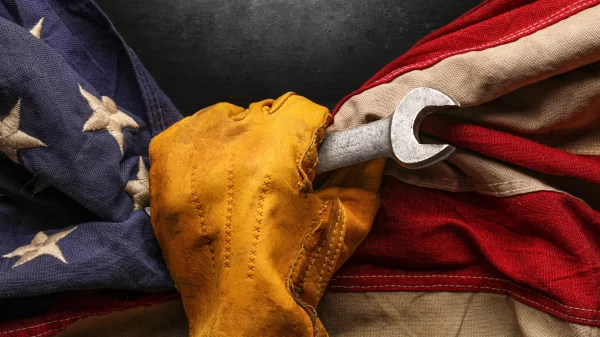After 258 days of a strike by Alabama’s Warrior Met Coal mineworkers, U.S. Sens. Elizabeth Warren and Sherrod Brown call for the company to begin meaningful negotiations and return workers’ pay and benefits.
“This is the longest strike in the history of Alabama that we can find,” Cecil Roberts, president of the United Mine Workers of America, said during an online Tuesday briefing with reporters hosted by AFL-CIO that focused on private equity companies and their impact on Alabama mineworkers and others.
Liz Shuler, president of AFL-CIO, explained that in 2015 the Alabama mine’s former owner, Water Energy filed for bankruptcy and a group of private equity firms, led by New York-based Apollo Global Management, bought the Alabama mine.
“Apollo likes to claim that by investing in Warrior Met they helped save mineworkers’ jobs, but it was the mineworkers’ sacrifice, giving up their pension plan, retiree health care and wages, all to save jobs and make Warrior Met’s mines profitable,” Shuler said. “And what did Apollo do after the bankruptcy? They and other private equity investors cashed out hundreds of millions of dollars in special cash dividends and they sold their shares to public investors like BlackRock, who now owns 13 percent of the company’s shares.”
Jim Baker, executive director of the Private Equity Stakeholder Project, a nonprofit that supports stakeholders impacted by private equity firms, said that while the world and the global economy continue to struggle with the COVID-19 pandemic, private equity firms have taken advantage of the flood of cheap debt to buy companies at a record pace and extract debt-funded dividends from companies they currently own.
“In the first half of 2021, private equity firms had their busiest six months ever, announcing 6,300 deals worth $513 billion,” Baker said. “These private equity firms have no shortage of resources. Former Apollo CEO Leon Black made at least $225 million last year and has a net worth of more than $10 billion. Black stepped down earlier this year after an investigation found that he’d paid $158 million in fees to Jeffrey Epstein.”
Warren said the Alabama workers only want fair pay, benefits and fair work practices.
“These were all stripped away when giant vulture private equity firms swooped in to buy Warrior Met’s predecessor company, Walter energy, as it was going through bankruptcy,” Warren said. “They forced cuts to pay, cuts to leave, cuts to retirement benefits and to save their jobs, workers conceded to a pay cut of more than 20 percent. They faced a strict attendance policy. This forced workers to have to come into the mines when they were sick,” Warren said.
Warren said the private equity companies “made out like bandits” by loading Warrior Met with debt, then using that debt to send more than $800 million in dividends back to themselves and shareholders a year after taking over the company.
“And by 2019, after sucking out as much cash for themselves as they possibly could, private equity sold off their shares and then just moved on to the next victims,” Warren said.
Warren recently reintroduced her Stop Wall Street Looting Act, which she first introduced in 2019. The bill would prioritize worker pay in bankruptcies, strengthen rules so that workers are more likely to receive severance pension and other pay and would end immunity for private equity firms from legal liability when the companies they own break the law, Warren said.
“It’s past time for Warrior Met to start negotiating in good faith, and it’s past time that miners at Warrior Met get the pay and the benefits that they earned restored,” Warren said.
Brown organized a Dec. 3 letter from 15 senators that urged Warrior Met to negotiate in good faith.
“These workers sacrificed in order to save the company and put it on the pathway to profitability. Now that Warrior Met has achieved record revenues since 2016, these workers seek to engage in serious negotiations for a fair contract. As an employer of workers in a hazardous profession, Warrior Met has a moral responsibility to repay workers for their sacrifices and compensate them fairly for the profit they help create,” the letter reads.
Brown, speaking during Tuesday’s briefing, thanked the striking Alabama workers for their courage and outspokenness.
“You’re the engine behind this company, behind Warrior Met’s success. You saved this company. You put them on a pathway to profitability. Warrior Met simply wouldn’t be making a dime without you,” Brown said.
A Tuscaloosa judge in October took an extraordinary step in prohibiting mineworkers from picketing outside Warrior Met Coal property.
“This is an extraordinarily rare occurrence, to use a state court to stop picketing during a strike,” said Cathy Creighton, a union attorney who directs the Cornell University School of Labor and Industrial Relations satellite branch in Buffalo, N.Y. Creighton, speaking to Bloomberg Law.
The judge’s decision followed a video published by Warrior Met Coal that the company alleges shows striking workers becoming violent on picket lines.
The striking workers and their union representatives, however, have said workers driving through picket lines have intentionally hit striking workers, and the instances caught on that video were retaliatory. Other videos shared by striking workers on social media appear to show picketers outside mine entrances being struck by the vehicles of those workers driving through picket lines.






















































